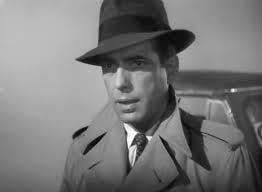Lil
A moment in a friendship.
In 2010, a few days before Richard and I visited our friend Lil in New York City, she’d been hosting a woman from Afghanistan and her eight-year-old daughter. Lil had been sleeping on an air mattress in her living room, so the woman and her child could have her bed. The woman was seeking asylum in North America because her hu…



